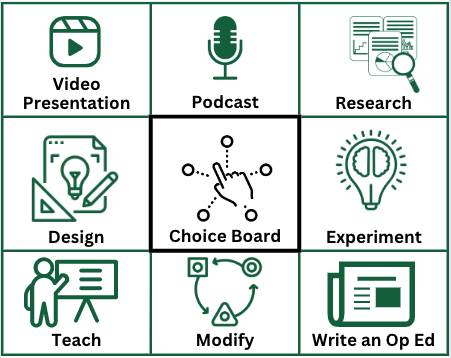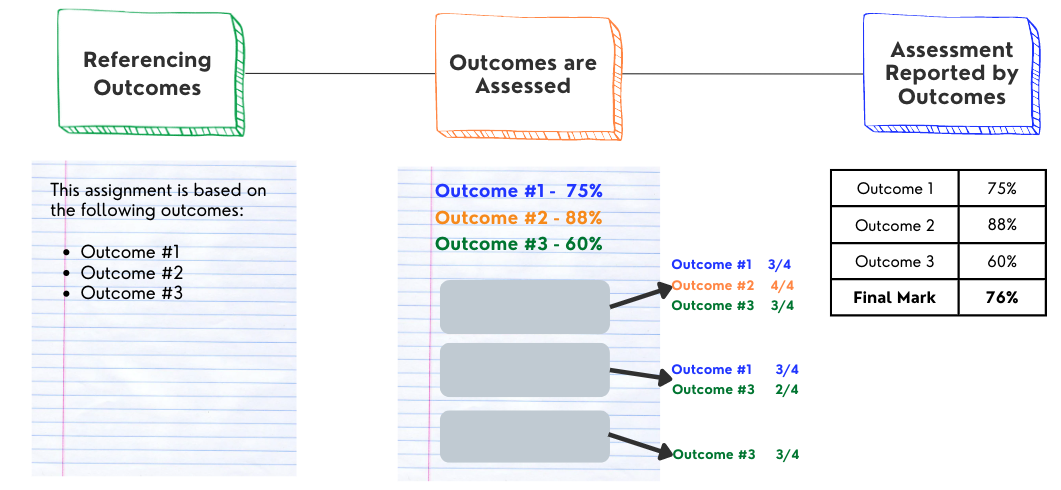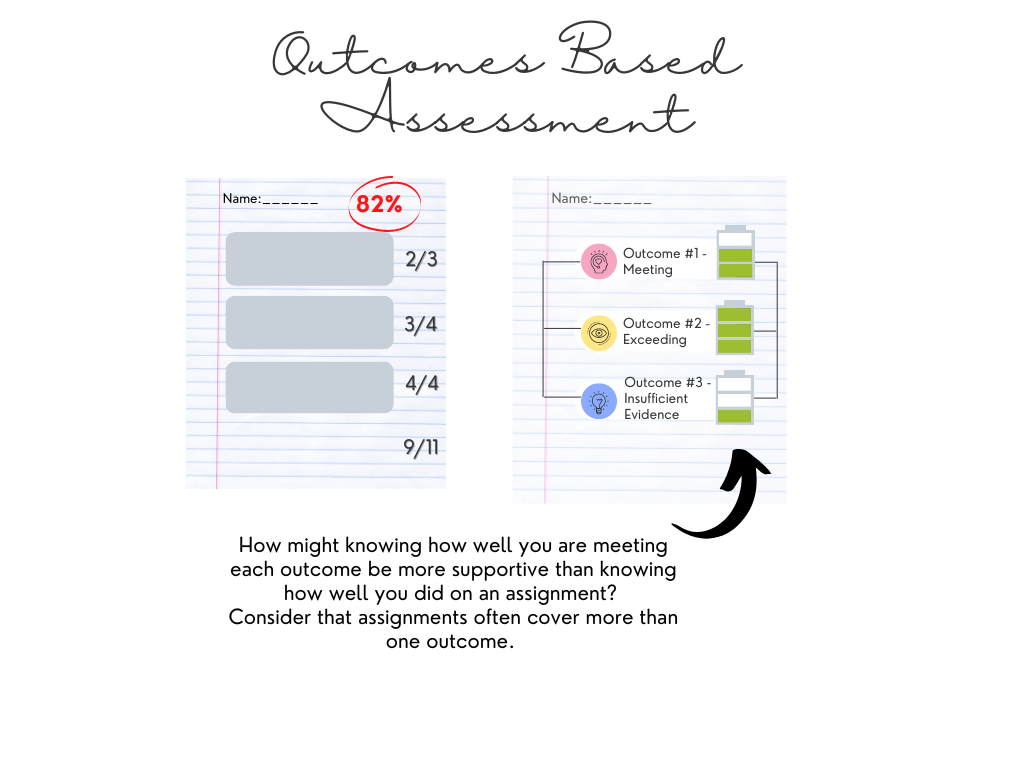Deterring Exam Collusion Using the LMS Tools
Some exam cheating occurs as a “crime of opportunity.” That is, the situation has made it so easy to cheat, that some (not all) students think everyone must be doing it and then some (not all) are tempted. This is not what you want. You have multiple tools to address this. When students know that you have set up the quiz, test, or exam in Canvas in such a way that it makes cheating more difficult most will appreciate that you care enough to add this preventative measure.
Videos have been created to show you how to use some of the tools in Canvas.
Here you will find instructions on:
- creating formula questions that generate different values for each student
- assigning different versions of a manually created exam to different students
- creating a timed exam where each student receives a different set of questions
As you make your assessment decisions for Fall 2020, remember using the exam functions in the LMS do present potential connectivity issues for you and students. It’s good to anticipate how these could become barriers or during-exam problems for students. You should have a back up plan ready and be prepared to troubleshoot.
Important to remember: the best approach to preventing academic misconduct is multi-faceted. Exam cheating is almost always a last-minute decision by students who are uncertain or anxious.
To reduce student uncertainty and anxiety:
- be sure students know the rules for each of your assessments and the reasons for those rules, reinforce and remind students of these as each assessment approaches
- be sure students know they can ask you, without negative repercussions, questions about these rules and the skills they need to follow them
- provide students with practice completing the assessment approach you will use before they are required to do it “for real” – that is, if you’ve been allowing them to work together most of the term, but then you want them to work individually on the quiz/test/exam, give them some practice doing so ahead of the real thing
- use higher order questions that are less about memorization, and more about using the knowledge or facts to answer questions (we do not have “browser lockdown” software available currently, so it is realistic to think students can and will look at their learning materials and other resources during the exam)
To express your commitment to fair assessment and academic integrity, you can let students know in general or in specific terms that you have designed the questions AND used the tools available in the LMS to deter and detect cheating. Let them know you do this because you want all students to feel confident that it’s worth it to keep their academic integrity during remote learning.
You may feel like focusing on stern warnings to students planning to cheat; but remember, the majority of students are not planning on this and you want them to feel confident in and respected for this stance going forward. Expressing only messages about penalties and punishment can create a damaging climate of mistrust and resentment. Instead, you want to build a climate characterized by clear expectations, openness to questions about the rules, enforcement of rules, and intrinsic motivation for true learning and honest assessment.


